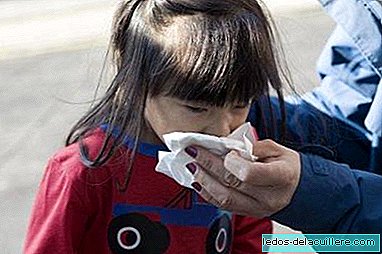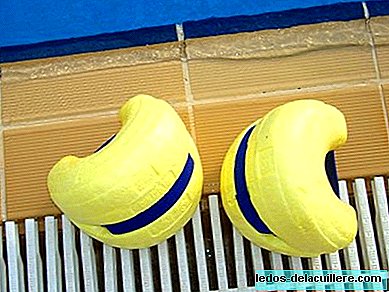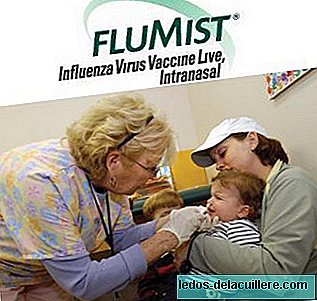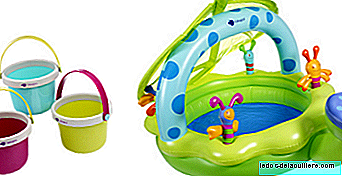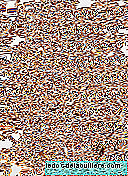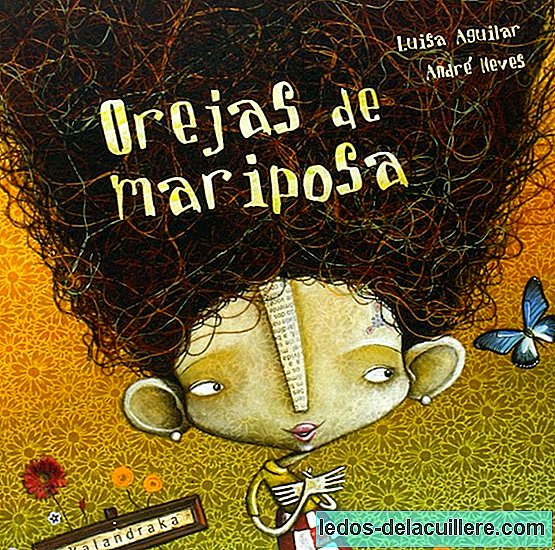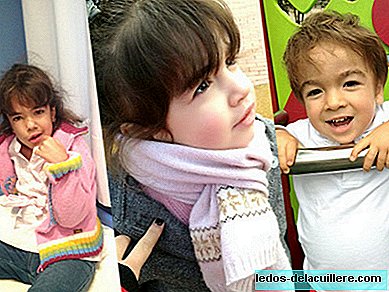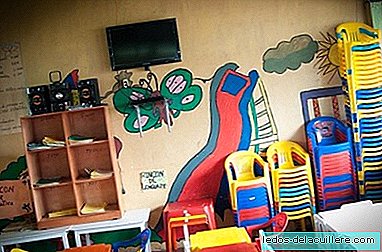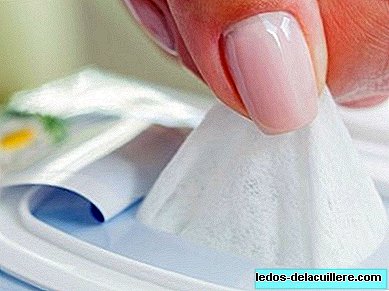
Many parents see in wet wipes that are sold as toilet paper one of the best inventions for young children. Both for those who are learning to go to the bathroom alone and for those who already go but do not clean themselves well, being wet and easy to use, they have come to replace toilet paper. And not only among children; Wet wipes are also an increasingly used item by adults.
As they are sold as disposable by the WC, we believe they are the same as toilet paper and we are not aware of the environmental threat posed by their use. Therefore, although the publicity says that they are like toilet paper, they are not biodegradable so they should not be flushed.
The OCU denounces the deceptive advertising of wet wipes
The OCU submitted various composition and disintegration tests to four brands of wet wipes: Biodegradable wet of Eroski, Fresh of Scottex, Pure de Colhogar and Bosque Verde de Mercadona.
The results revealed that they are wipes that fail to disintegrate after 48 hours of agitation and also "are not toilet paper or 100% cellulose" because contain synthetic fibers. Some of them do not remain as intact or whole as before, there are more small fragments, but they do not disintegrate completely.
The four analyzed disintegrate between 8 and 33 percent, when to be considered biodegradable they should do so at 60 percent, and taking into account that the toilet paper does it one hundred percent.
The same test was done in 2016 with 19 brands of baby wipes, with even worse results on the biodegradability of these products.
Therefore, consider that it is "misleading advertising" sell these products as disposable by the WC, (Some put it on the label), since being thrown down the toilet does not degrade causing serious damage to pipes and sewers.

A serious environmental problem
When discarded by the toilet, the wipes remain almost intact causing serious problems of clogging both in the pipes of individuals, as in the downspouts of the buildings and ultimately affecting the entire sanitation system, including wastewater treatment plants of cities.
In New York they have already threatened a possible tax increase in order to deal with this serious problem that causes a huge expenditure on sanitation.
Other large cities are also very concerned with the increasing use of disposable wipes by the population, since many people do not imagine a life without them. So much so that the British government has threatened to ban them and the parents have gone mad because they consider it a product of first necessity.
What options we have?
- If you use wet wipes, after use you must throw them in the trash, not the toilet.
- Avoid them as much as possible, as they contain chemicals that can damage your baby's skin and increase the risk of allergies.
- Try to use wet wipes only for emergencies, when you are away from home.
- Instead, use a moistened cotton or a sponge with soap and water to clean your baby's bottom when changing the diaper, or clean your baby's bottom under the water tap.
- In older children, teach them to use the bidet or shower to clean when necessary.


